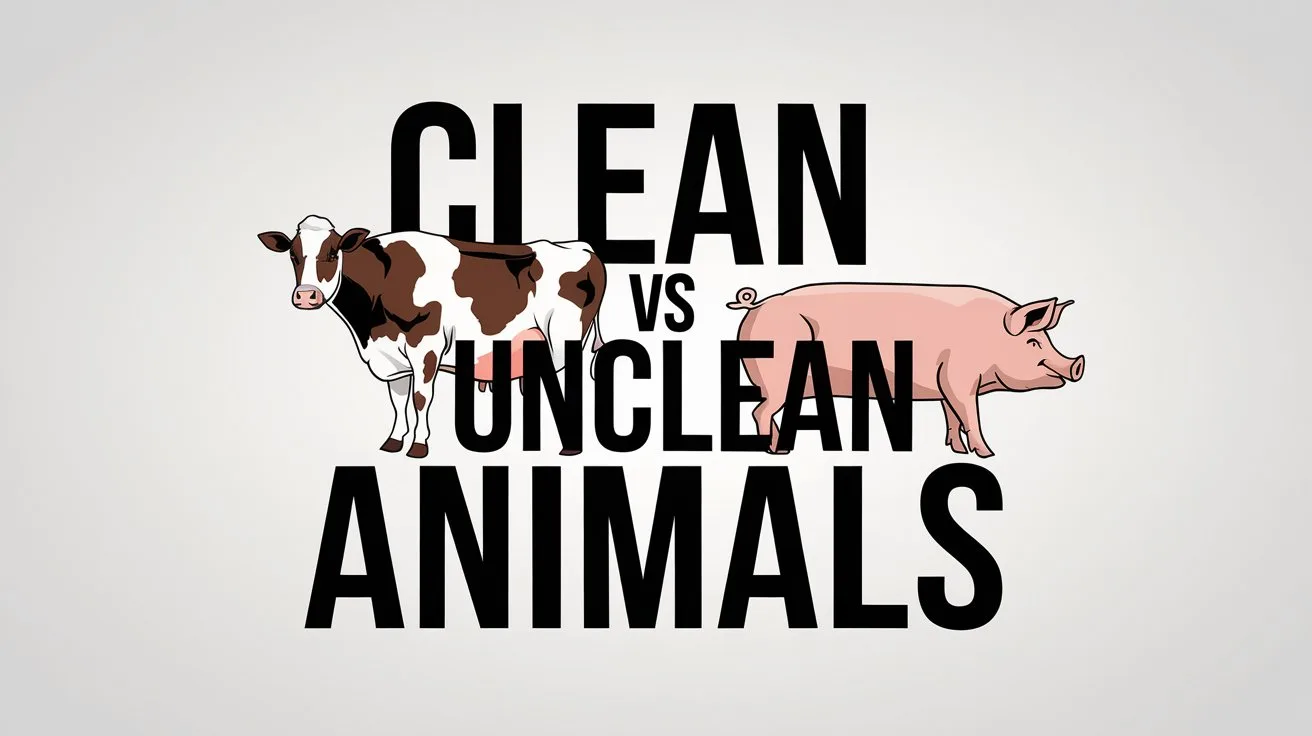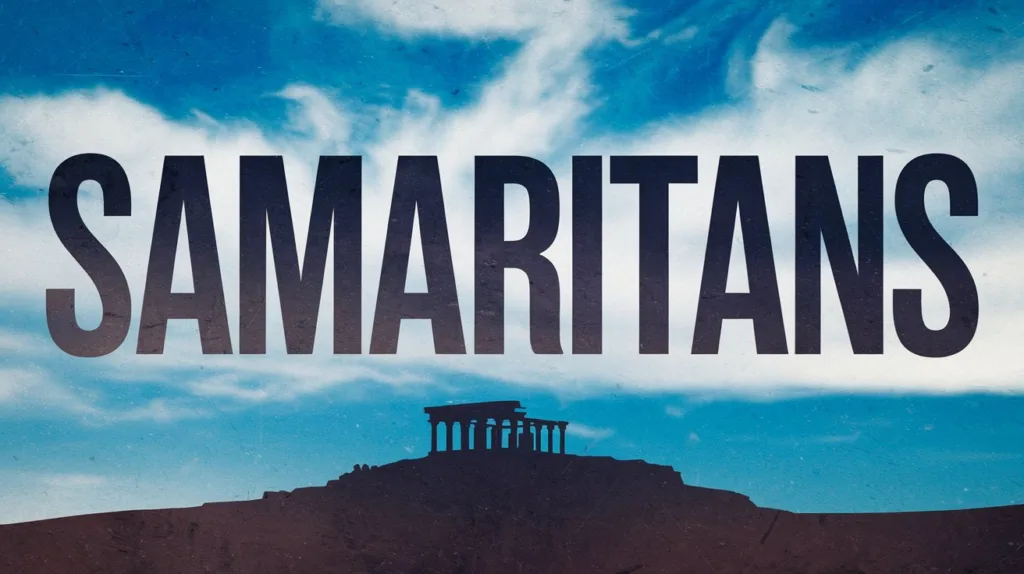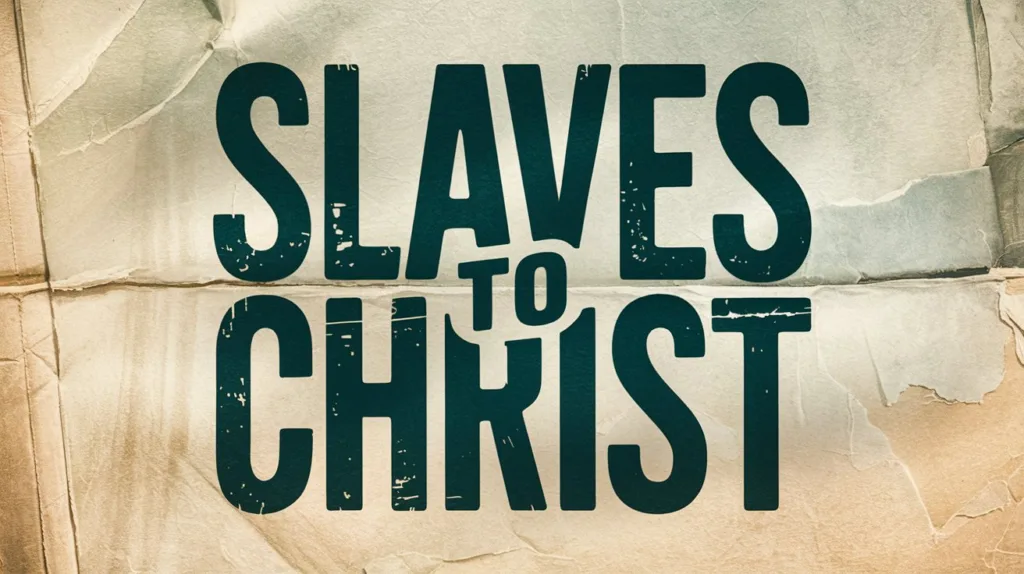The distinction between clean and unclean animals is a theme that runs throughout Scripture, beginning in Genesis and culminating in the New Testament. This study will walk through the Bible, tracing how God defined these categories and why they were significant.
Unclean Animals in the Days of Noah
The first mention of clean and unclean animals occurs long before the Law of Moses. In Genesis 7, God commanded Noah to bring animals onto the ark, but He made a distinction in their numbers:
“You shall take with you seven each of every clean animal, a male and his female; two each of animals that are unclean, a male and his female.” (Genesis 7:2)
Many people assume that Noah brought only two of each kind of animal, but here we see that God commanded seven pairs of clean animals and one pair of unclean animals. This distinction indicates that even before the Law, God had already established a difference between these animals.
After the flood, when Noah and his family emerged onto dry ground, he built an altar and offered sacrifices to God:
“Then Noah built an altar to the Lord, and took of every clean animal and of every clean bird, and offered burnt offerings on the altar.” (Genesis 8:20)
Only clean animals were suitable for sacrifice. This implies that the concept of clean animals was tied not only to dietary rules but also to worship and atonement.
The Mosaic Law: Israel’s Dietary Commandments
The most detailed laws about clean and unclean animals were given to Israel through Moses. In Leviticus 11 and Deuteronomy 14, God specified which animals His people could eat and which were forbidden.
God declared that land animals must chew the cud and have divided hooves (Leviticus 11:3). This meant that cows, sheep, and deer were clean; but pigs and camels were unclean. Sea creatures had to have fins and scales (Leviticus 11:9), making fish like salmon or bass clean; but shellfish like shrimp and crabs were unclean. Birds of prey, reptiles, and many insects were also prohibited.
God gave these laws specifically to Israel, separating them from the surrounding nations:
“For I am the Lord your God. You shall therefore consecrate yourselves, and you shall be holy; for I am holy. Neither shall you defile yourselves with any creeping thing that creeps on the earth.” (Leviticus 11:44)
These dietary restrictions were not given to the entire world, but were a covenantal sign between God and Israel, setting them apart as His chosen people.
The Purpose of Clean and Unclean Laws
Some have tried to explain these laws as mere health regulations, pointing out that unclean animals often carry disease or are scavengers. While this may be true in some cases, the primary reason was spiritual and symbolic. God wanted Israel to be set apart, living differently from the pagan nations around them. Avoiding unclean foods was one of many ways they were to show their holiness.
However, these laws were never meant to be permanent moral laws like the Ten Commandments; instead, they pointed to a deeper reality: the need for spiritual purity before God.
Jesus and the New Covenant: All Foods Made Clean
When Jesus came, He began to reveal that the ceremonial laws (including dietary restrictions) were not the ultimate measure of holiness. In Mark 7, Jesus was confronted by the Pharisees, who were obsessed with outward purity. He told them:
“Do you not perceive that whatever enters a man from outside cannot defile him, because it does not enter his heart but his stomach, and is eliminated, thus purifying all foods?” (Mark 7:18-19)
Here, Jesus declared all foods clean. The real issue was the condition of the heart, not external rituals. True defilement comes from sin, not from eating certain foods.
Peter’s Vision: A Revelation of God’s Plan
The most dramatic moment in this transition came in Acts 10, when Peter had a vision. He saw a sheet descending from heaven, filled with all kinds of animals, both clean and unclean. A voice told him:
“Rise, Peter; kill and eat.” (Acts 10:13)
Peter, still holding to Jewish dietary laws, refused:
“Not so, Lord! For I have never eaten anything common or unclean.” (Acts 10:14)
But the voice responded:
“What God has cleansed you must not call common.” (Acts 10:15)
This vision was not just about food; it was a sign that God was extending salvation to the Gentiles. Peter soon realized that he was being called to bring the Gospel to Cornelius, a Roman centurion.
When Cornelius and his household received the Holy Spirit, Peter understood that God was removing the distinction between Jew and Gentile. Just as God declared all foods clean, He was also cleansing people from every nation through faith in Christ.
Paul’s Teaching on Food and Christian Freedom
Paul reinforced this teaching in his letters. In Romans 14, he addressed disputes over food laws, saying:
“I know and am convinced by the Lord Jesus that there is nothing unclean of itself; but to him who considers anything to be unclean, to him it is unclean.” (Romans 14:14)
He taught that believers are free to eat all foods, but they should avoid offending weaker brothers who still hold to dietary restrictions. In 1 Timothy 4, Paul warned against those who would forbid certain foods:
“For every creature of God is good, and nothing is to be refused if it is received with thanksgiving; for it is sanctified by the word of God and prayer.” (1 Timothy 4:4-5)
The New Covenant brought freedom, not just from sin, but also from ceremonial laws that were given only to Israel.
My Final Thoughts
The distinction between clean and unclean animals was first revealed in Noah’s time, emphasized in Mosaic Law, and ultimately fulfilled in Christ’s redemptive work. Under the Old Covenant, Israel was called to be set apart by avoiding unclean foods, but these laws were never given to Gentiles or meant to be permanent.
When Christ came, He fulfilled the Law, shifting the focus from external purity to internal transformation. The vision given to Peter confirmed that God had now made all things clean, symbolizing the breaking down of barriers between Jew and Gentile. Today, believers are free to eat all foods, but we are also called to walk in love, being mindful of the conscience of others. Our holiness is not based on what we eat, but on being set apart in Christ, living by His Spirit, and walking in His righteousness.
“Therefore, whether you eat or drink, or whatever you do, do all to the glory of God.” (1 Corinthians 10:31)





 Get the book that teaches you how to evangelize and disarm doctrines from every single major cult group today.
Get the book that teaches you how to evangelize and disarm doctrines from every single major cult group today.